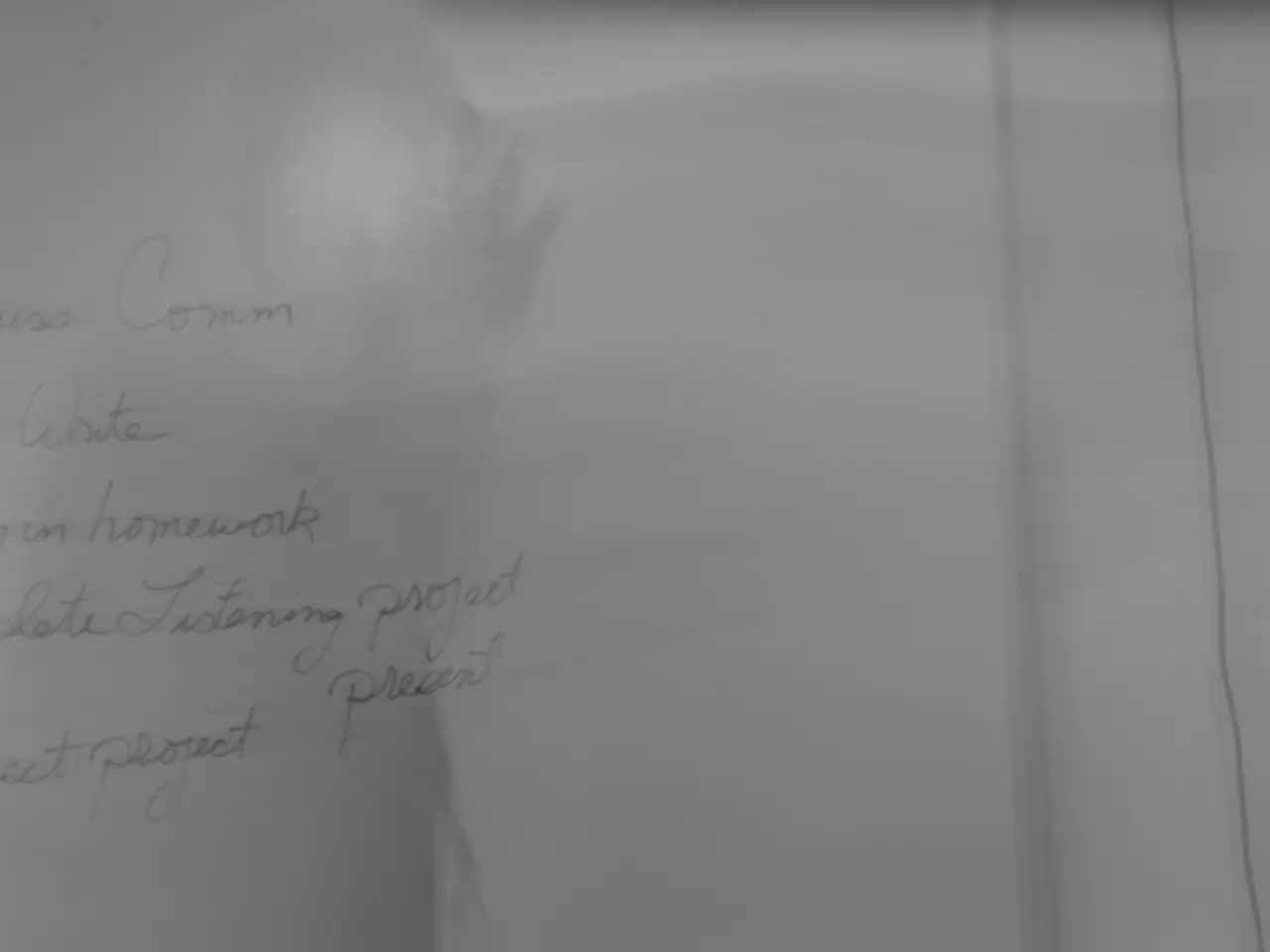Probing Israel's Compliance: assessment Questions whether Israel Adheres to EU Cooperation Standards
Gaza Stumbles Under Israeli Disregard for EU Collaboration Principles
The heat is on for Israel as a new report published by the EU's Foreign Minister, Kaja Kallas, suggests that Israel's actions in the Gaza Strip are in violation of the EU's partnership principles. This damning assessment has been shared with EU member states, sparking a flurry of discussions about the future of their relations with Israel.
So, what's on the cards for Israel and the EU? Sanctions ranging from suspending the current partnership agreement to imposing economic penalties, such as removing tariff reductions and blocking Israel's access to the EU research funding program Horizon, are among the options that could be considered.
The report, commissioned by the EU Foreign Affairs Council, brings the long-standing matter of Israel's compliance with respect for human rights to the fore. The EU's basic principle that relations with contracting parties should be rooted in respect for human rights is being called into question, as Israel has severely limited the delivery of humanitarian aid to Gaza for months. Israel justifies its actions, claiming that humanitarian aid deliveries indirectly benefit the Islamic Hamas.
Remember when EU Commission President von der Leyen mentioned the escalation and disproportionate use of force against civilians in Gaza was unacceptable under humanitarian and international law back in May? This foreshadowed the findings of Kalla's report. The expansion of Israeli military operations in the Gaza Strip, which target civilian infrastructure, is indeed disheartening.
As an example, von der Leyen pointed to the destruction of a school building that served as a shelter for displaced Palestinian families, resulting in the deaths of children. Israel, however, argued it was an attack on a Hamas command center. Intense talks about the partnership agreement with Israel have been happening in the EU for quite some time, mainly fueled by Spain and Ireland.
Source: ntv.de, Ansgar Haase, dpa
Extra Insights:Troubling assessments suggest that Israel's actions might defy the human rights stipulations outlined in the EU-Israel Association Agreement. Potential human rights violations, particularly in terms of access to humanitarian aid, have raised concerns about Israel's compliance with these principles. The EU-Israel Association Agreement, formed in 2000, underscores respect for human rights as a crucial aspect of the arrangement (Article 2)[1][4]. The report's findings imply that Israel may have violated international humanitarian law and human rights obligations[2]. The EU could take action such as freezing trade benefits or research cooperation if a breach is confirmed, though full suspension would require unanimous consent from all EU Member States[2][4]. This implies that the EU has the power to significantly impact Israel's economic and research relationships, if warranted.
- The ongoing discussions within the EU about its relations with Israel are deeply intertwined with the question of Israel's adherence to the EU's cooperation standards, particularly in terms of employment policy, given the EU's human rights stipulations outlined in numerous articles of the EU-Israel Association Agreement could potentially be breached by Israel's actions.
- The controversy surrounding Israel's actions in the Gaza Strip, such as limiting humanitarian aid and the destruction of civilians' shelters, has led to a political and general-news debate within the EU about potential sanctions, including employment policy measures, to ensure Israel complies with the human rights principles agreed upon in the EU-Israel Association Agreement.






![Unveiled Secrets: Revealing Insights into the Intriguing Life of [Name]](/en/content/images/size/w1280/format/webp/20250623095538_blue-white-hunt-dusseldorf-horse-riding-event-grafenberg-racecourse-aaper-wald-riding-corps-hunt-master-princess-venetia-s-bodyguard-dusseldorf-riding-and-racing-club-grosser-preis-der-stadt-dusseldorf-venetia-cup.jpeg)
